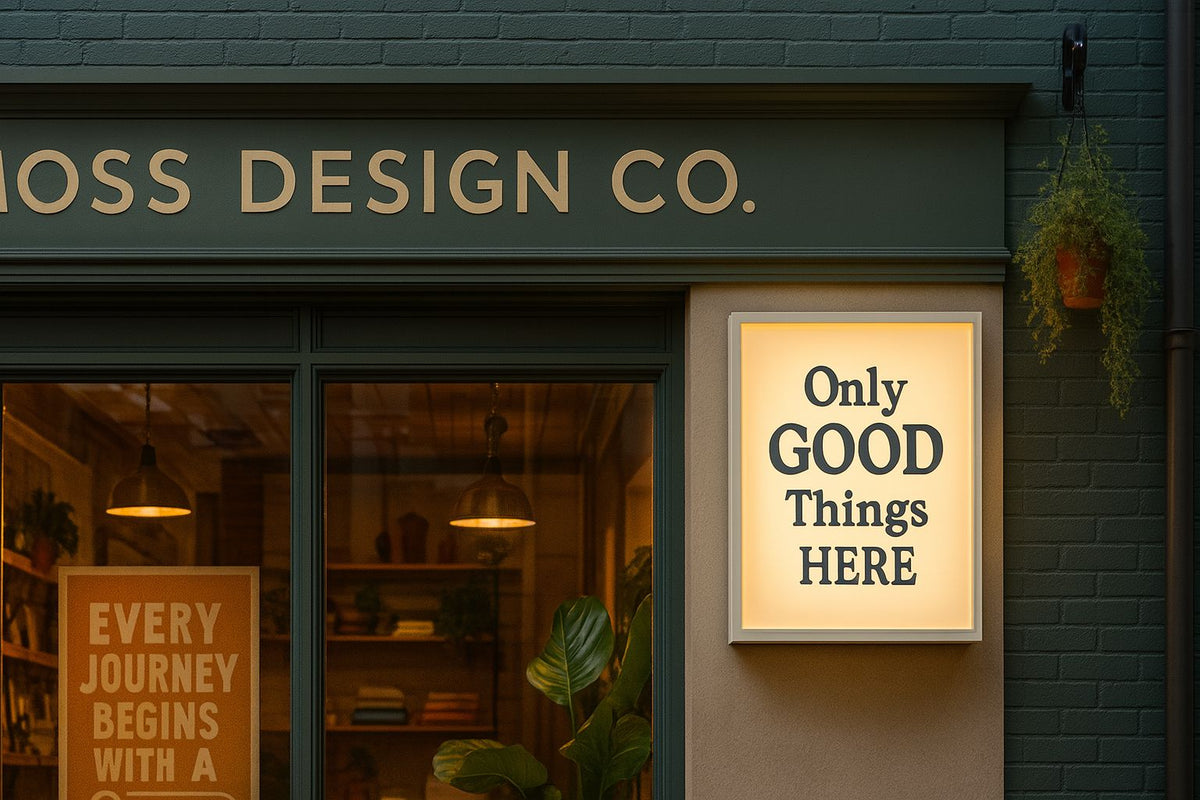
Benefits of Retail Therapy
|
|
Time to read 3 min
|
|
Time to read 3 min
Retail therapy has long been seen as a form of emotional self-care. While not a substitute for professional psychological support, it offers moments of joy, clarity, and control—especially in stressful times. In an age where physical retail is adapting to compete with digital convenience, the emotional and experiential advantages of in-person shopping are more relevant than ever. Let's explore why.
Retail therapy refers to the act of shopping to improve one’s mood or emotional state. It activates the brain’s reward center, providing a temporary dopamine boost. According to research from the Journal of Consumer Psychology, shopping gives individuals a sense of control when they feel anxious or uncertain, allowing them to self-regulate emotions through a pleasurable activity.
Unlike passive entertainment, shopping involves decision-making, discovery, and reward. These components promote a feeling of autonomy, especially when the shopper chooses something that reflects their identity or solves a personal need.
The emotional benefit of retail therapy doesn’t come from the product alone, but from the entire environment. Lighting, music, scents, spatial layout, and signage all contribute to emotional responses.
Warm lighting, calming music, and welcoming fragrances have been shown to reduce stress and increase dwell time. In contrast, cluttered layouts or confusing signage can create tension, deterring purchase decisions.
Well-designed signage can trigger emotional connection. Phrases like “Just for You” or “Take a Moment” guide customers gently through the space and deepen their interaction with the brand.
Retail therapy isn’t exclusive to any one demographic. Different personality types and life circumstances shape how people engage in shopping for emotional comfort.
This shopper seeks novelty and beauty to break away from routine or negative emotion. Aesthetics matter greatly—clean lines, warm tones, and intuitive signage attract them.
Someone who shops to reward themselves for success or a special occasion. They respond well to positive reinforcement and luxurious materials or packaging.
This customer sees shopping as self-expression. They’re drawn to brands with strong values and consistent storytelling—especially those using signage to highlight ethics, sustainability, or authenticity.
Small businesses can harness the emotional side of shopping through atmosphere, personalization, and signage. Adroniki signage supports this goal by blending form, clarity, and customization.
Imagine walking into a small boutique and seeing a minimal black sign that reads 'Only Good Things Here'. These small cues reinforce safety, comfort, and intentional design.
Providing additional product info or brand story via QR signage bridges the physical-digital gap. It shows attention to detail and increases perceived care.
Restaurants or cafes using magnetic menus can adapt quickly to customer needs and preferences. It gives a sense of responsiveness and freshness—attributes that make customers feel considered.
A florist in Amsterdam names each bouquet and displays prices with UV-printed mini tags. A sign reads: 'For the Moments Words Can’t Reach.' Customers feel seen.
A bookstore arranges handpicked titles under signs like 'Comfort Reads' or 'For When You Need to Escape.' It guides buyers to books they didn’t even know they needed.
In a boutique skincare studio, signage says: 'Take a Moment for You.' The calm tones and clean layouts feel curated, personal, and stress-reducing.
People don’t just buy things—they buy moments. The right signage, tone, and atmosphere turn a store into a sanctuary. Adroniki supports this transformation with signage that blends clarity, beauty, and brand expression.
With minimalist typography, high-quality materials, and affirming words, our signage helps independent brands spark emotion, build trust, and stay memorable.
Explore our signage collection → www.adroniki.com/collections




